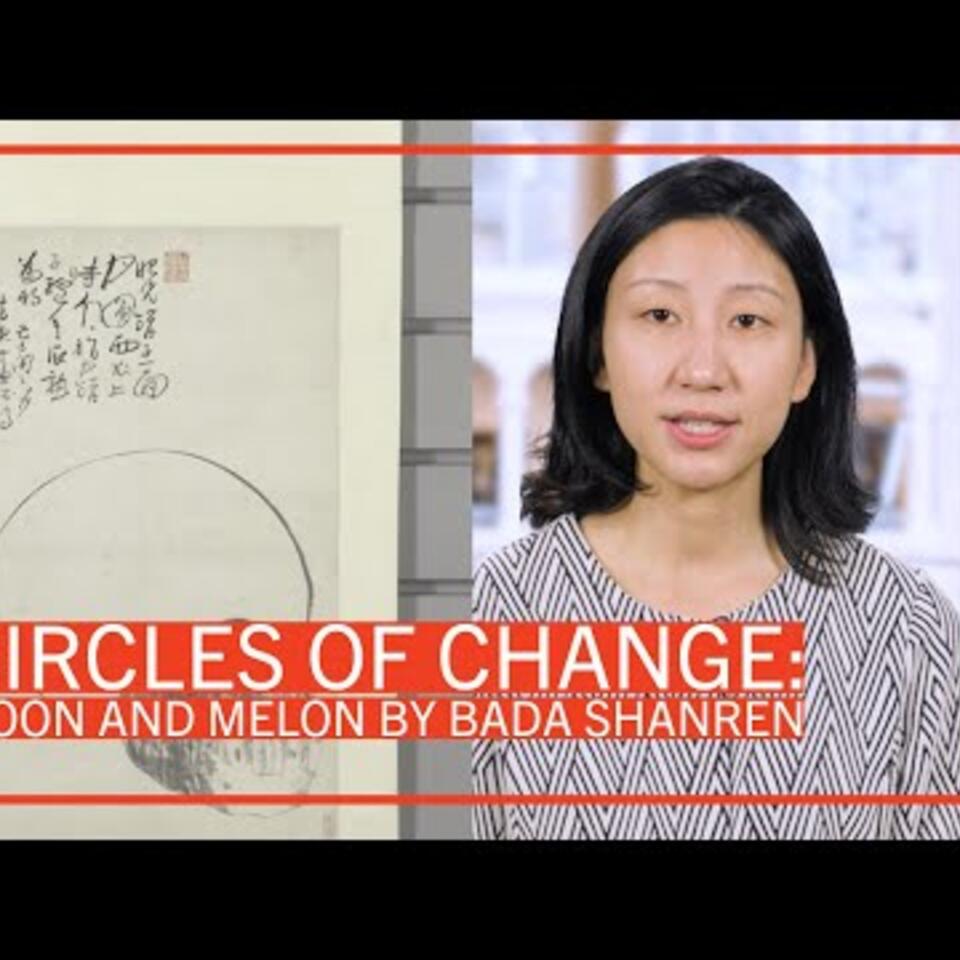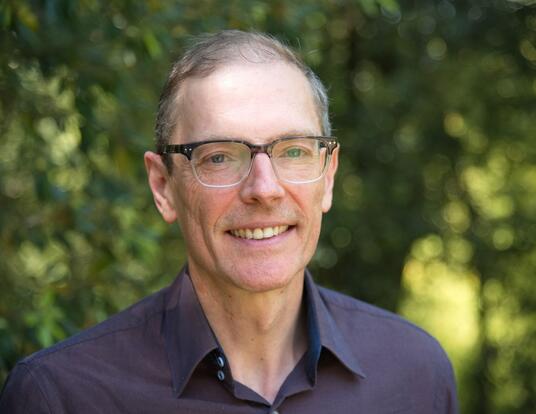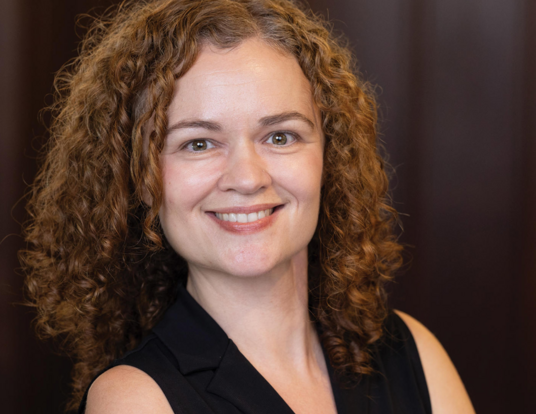Middle Age Man
Nicholas Thyr, PhD ’24
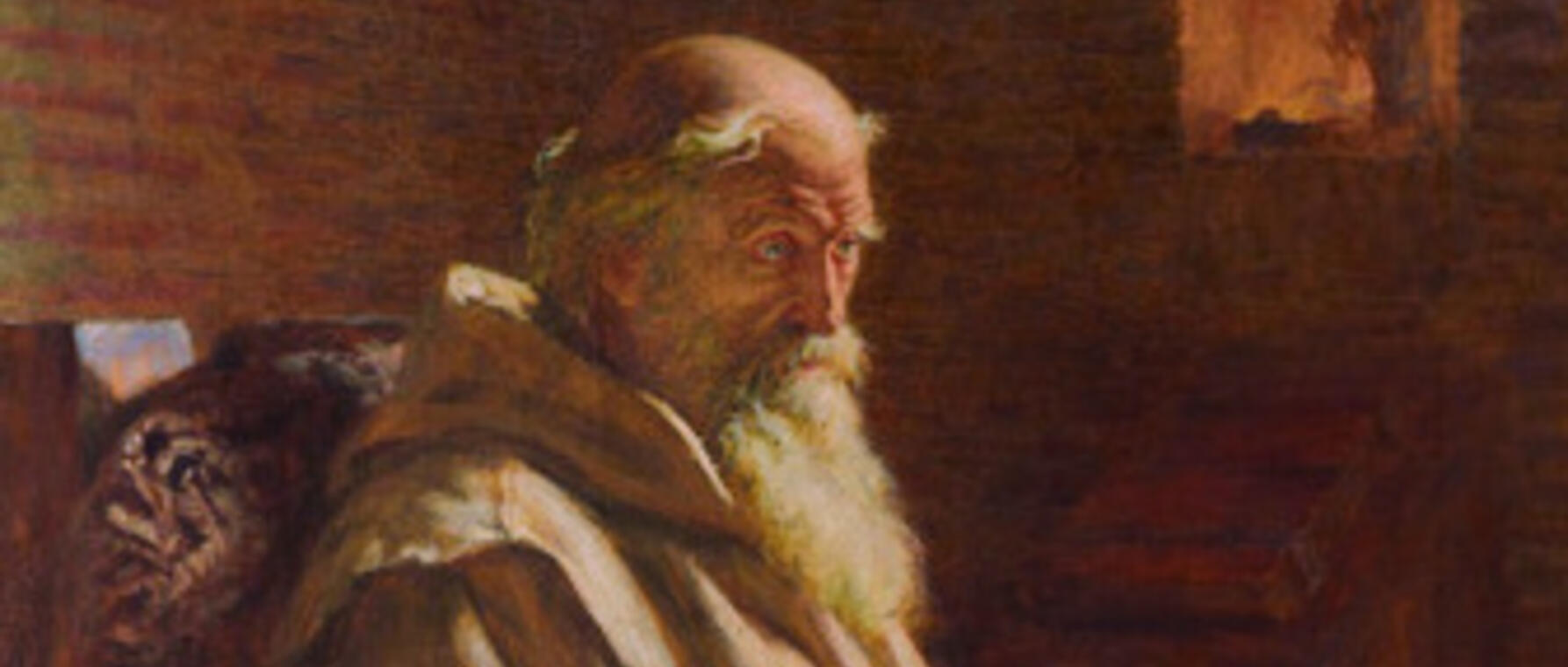
Research at Risk: Since World War II, universities have worked with the federal government to create an innovation ecosystem that has yielded life-changing progress. Now much of that work may be halted as funding is withdrawn. Find out more about the threats to medical, engineering, and scientific research, as well as how Harvard is fighting to preserve this work—and the University's core values.
Nicholas Thyr is a recent graduate student of the Department of Celtic Languages and Literatures where he studied the literature of medieval Ireland and Britain. Thyr discusses his research on how scholars in the Middle Ages learned and passed on knowledge, how he became a medievalist, and the joys of organizing a graduate-run conference at Harvard.
A Scholarly Game of Telephone
In the 21st century, we have certain criteria and methods to prove what is scientifically or historically true. In the 12th and 13th centuries, scholars worked from a different set of criteria when it came to knowing what was true. In my research, I try to figure out the structure of intellectual communities in northwestern medieval Europe and how they understood and recounted their past.
In academia today, scholarship is based on citations from earlier, verified sources. Medieval scholars did the same, but they often relied on sources we would consider untrustworthy today. Take, for example, the English monk and scholar Bede, a famous historian from the eighth century. He cited in his work a letter from someone who transcribed a copy of papal correspondence found in Rome. We can look at another copy of the original, which still survives in the Vatican archives, and show that Bede’s informant—and Bede himself—reported the contents very accurately. Bede also relied on hearsay and legend. In a famous tale, he related that the English first landed in Britain in 449. We do not know his sources, but it is now clear this story cannot be literally true. We have the luxury of being able to rely on many different types of sources including archeology. Bede had only a handful of texts and reports, and his own best instincts.
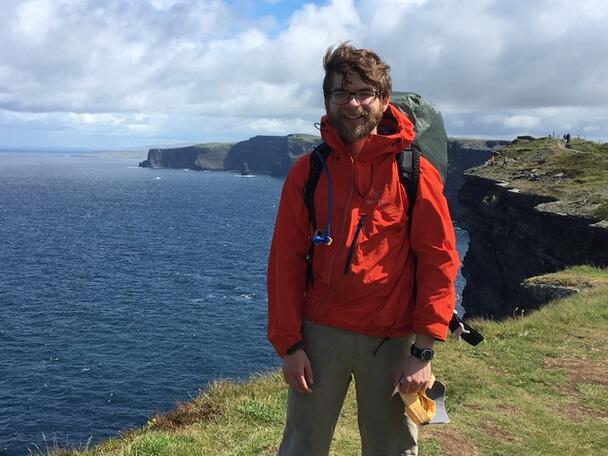
Much of medieval scholarship was based on trust and analogy. Historians would treat as fact an old report from Jerusalem because it was extremely difficult to go there and verify the information. Also, because these reports occurred infrequently, scholars often assumed that whatever was in the report still applied many years later. They had to rely on what their teachers and correspondents told them and pass it along, almost like a scholarly game of telephone.
People sometimes abused this trust. One of the most famous examples is the legend of King Arthur, which existed in Welsh tradition until an English cleric rewrote it into a history of Britain in the 12th century, almost completely fabricating the story. Some readers doubted whether it was true, but over time the cleric successfully convinced so many people that his story was treated as fact.
“Dead by Ale”
I started studying the Middle Ages when I was an undergraduate at Dartmouth. I spent some time in Ireland as part of a study-abroad program, and my advisor recommended that I focus on medieval Irish and Celtic literature because it’s studied much less than its Western European counterparts.
When I started reading these works, I noticed how the sources of information about the 8th century often came from the 12th century. I wanted to know how people in the later Middle Ages knew so much about the earlier years of that epoch. What sources were they consulting? What were their ways of learning?
The intellectual community of that time was much different than it is today, but some parallels drew me in. I found in the margins of the medieval manuscripts I read the private notes of the monks and scholars who transcribed them. Transcription was a painstaking process, and it could be very boring. In studying the manuscripts, I sometimes came across someone complaining about the weather, or a cold, or being “dead by ale.” I also found well-respected scholars arguing about the sources of different works. I got a sense of the people behind the pages back then. They weren’t all that different from people today.
Community in Conference
In 2023, I had the privilege of organizing the annual Vagantes Conference on Medieval Studies, which that year convened at Harvard. I got to work with an excellent team of fellow students and we created a wonderful program with two keynote speakers and graduate medievalists from across the United States and abroad.
Being an attendee and an organizer made me feel part of the community of medievalists when I attended the 2024 Vagantes Conference in Chicago. It also raised my awareness of the collective effort in many fields to advance knowledge of the Middle Ages. These experiences have been a real high point of my Harvard Griffin GSAS experience and will stay with me long after I graduate.
Get the Latest Updates
Join Our Newsletter
Subscribe to Colloquy Podcast
Simplecast


